Mental Health in Pop Culture: Understanding the Conversation
- The Sandbox

- May 1, 2025
- 2 min read
Updated: Jun 5, 2025
The Importance of Accurate Mental Health Representation
Mental health is an essential topic in everyday conversations, whether in person, online, or on TV shows and films. Unfortunately, the portrayal of mental health isn’t always accurate.
When mental health is oversimplified or approached as a joke, it can lead to serious misunderstandings. This makes it difficult for individuals to share their true experiences openly. The stigma surrounding mental health often stems from these inaccurate portrayals.
This month, our resources delve into how mental health is depicted in pop culture. We explore why language matters and how everyone can contribute to fostering a more supportive space.
The Impact of Language on Understanding Mental Health
Language plays a crucial role in shaping our understanding of mental health. The words we choose can either lift someone up or push them down. Misuse of terms can perpetuate stigma, creating barriers for those seeking help.
For instance, when people use phrases like "I'm so OCD" casually, it trivializes a serious mental health condition. This casualness can discourage individuals with OCD from discussing their feelings or seeking help. We need to be mindful of our language to encourage supportive dialogue.
Small changes in our language can lead to honest, respectful, and helpful conversations. Simple adjustments can greatly enhance how we communicate about mental health.
Creating a Supportive Environment for Open Conversation
To truly create a supportive environment, we must actively listen and validate others' experiences. Everyone's mental health journey is unique, and there’s no one-size-fits-all approach. Encouraging open conversations can significantly impact someone’s willingness to talk about their mental health.
The Role of Pop Culture in Mental Health Awareness
Pop culture has a mixed history when it comes to representing mental health. Some shows and movies handle topics thoughtfully, while others perpetuate harmful stereotypes. By highlighting accurate portrayals, we can help shift public perception positively.
For example, shows that depict therapy sessions realistically can reduce stigma around seeking help. When viewers see characters overcoming their struggles, it can inspire them to share their experiences or seek support.
The Science Behind Mental Health Representations
Research shows that portrayals of mental health in media can influence public attitudes. Positive representations can lead to greater empathy and understanding. Conversely, negative depictions can reinforce stereotypes and stigma.
As consumers of media, we have the power to demand better representation. Supporting shows and films that handle mental health responsibly can influence the industry's approach.
How You Can Help
You can make a difference by speaking out about the importance of accurate representation in media. Share articles, start conversations about mental health, and hold your favorite creators accountable for their portrayals.
Accessibility to accurate information is key. For those already struggling, seeing relatable and respectful representations can provide comfort and validate their feelings.
Conclusion: Advocating for Change in Mental Health Conversation
Understanding how mental health is depicted in the media is vital for improving conversations. Language choice and careful representation can create a vital space for dialogue and support.
Adopting a compassionate and informed approach can lead to meaningful change. Let's work together to enhance our conversations around mental health for everyone’s benefit.
Did you find these resources useful?
Yes
No

















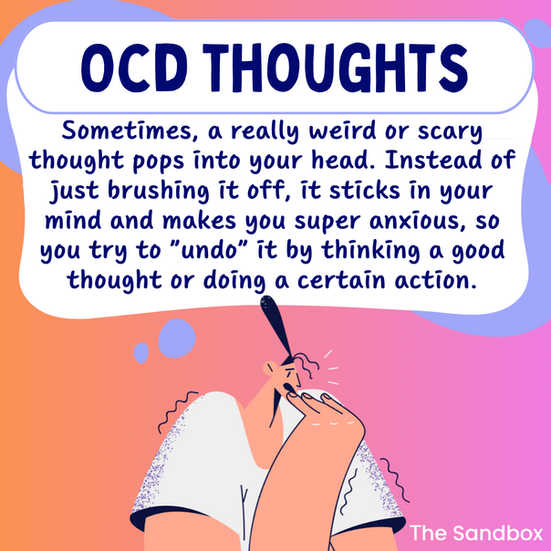









































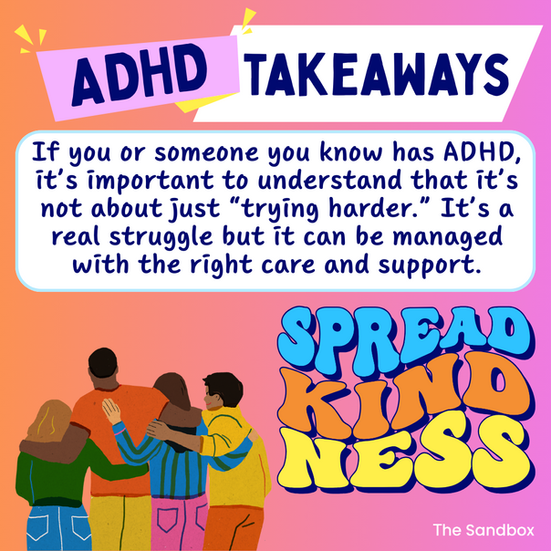



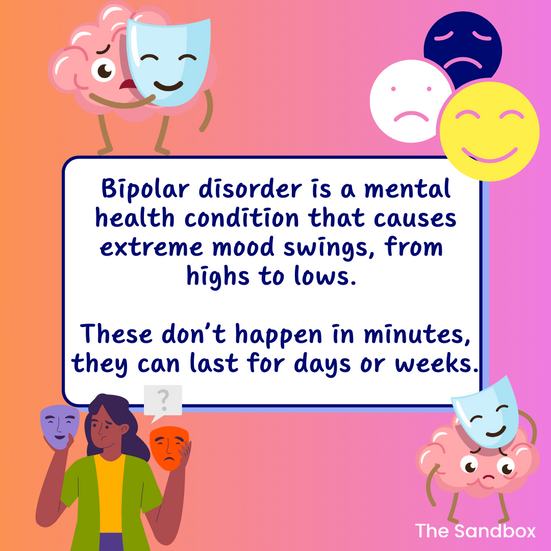





































































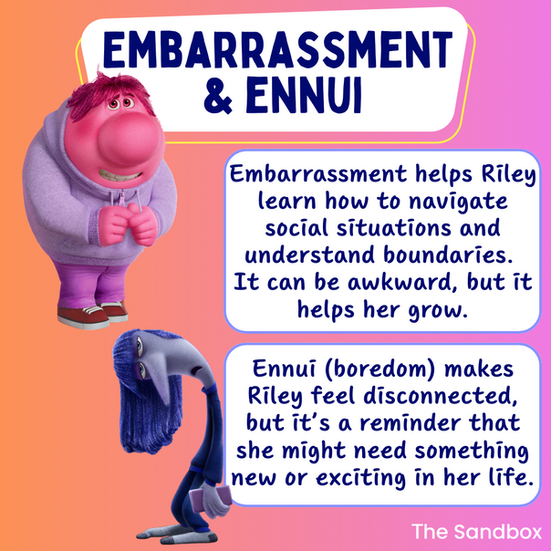





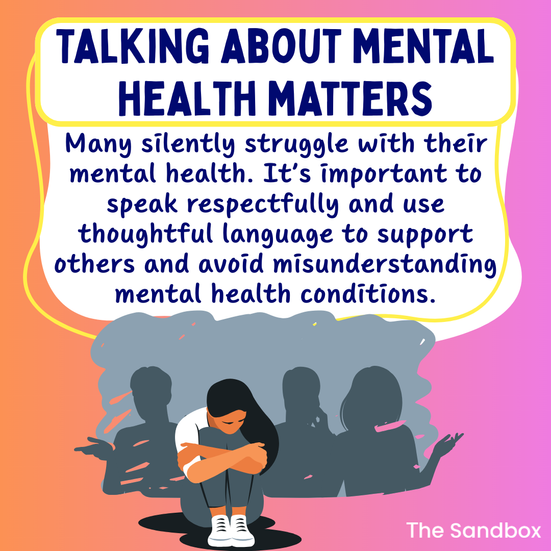

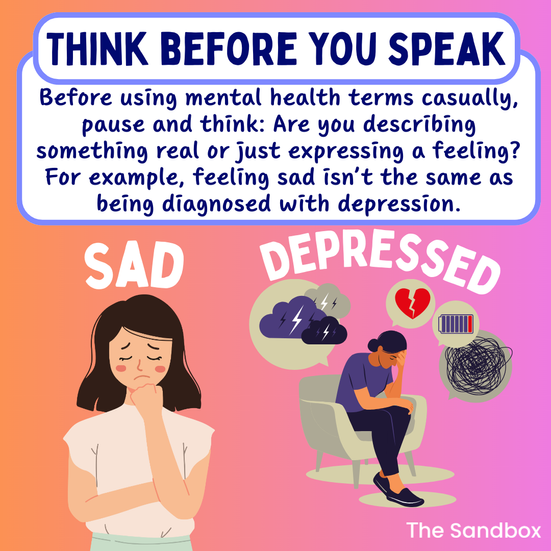









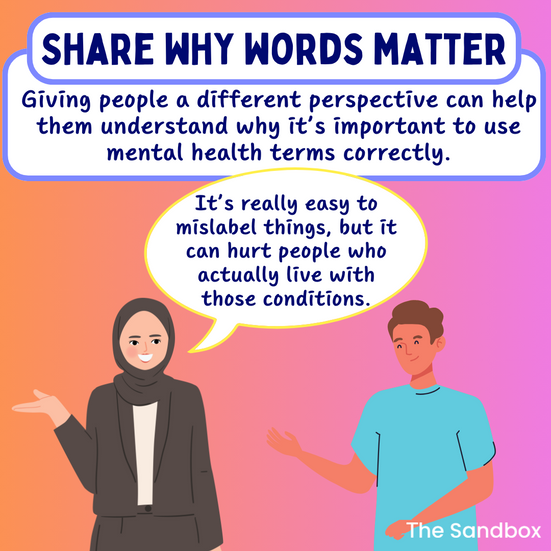







Comments